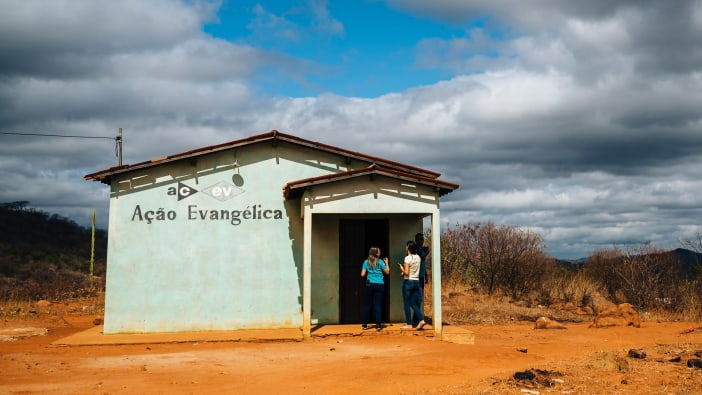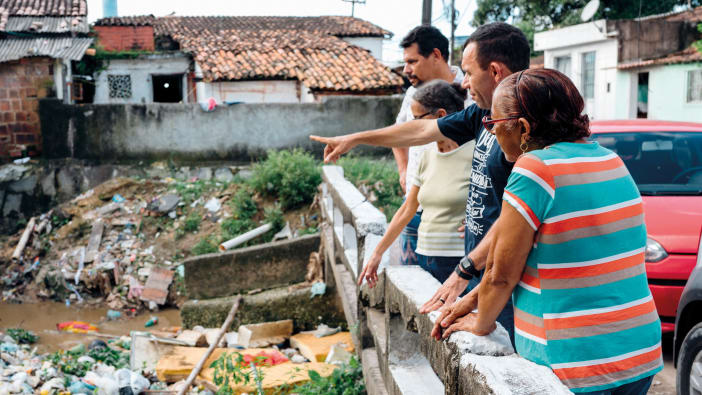When Rodrigo Baggio first began talking about starting computer schools in the favelas or shanty towns of Rio de Janeiro, people told him computers weren’t for the poor, but for the middle classes.
Fortunately he didn’t take their advice Young people growing up in the favelas of Rio have two choices – either to join the drug traffickers and risk an early death or to face a lifetime of unemployment or poorly paid manual work.
Baggio, with considerable skills in computing, wanted to give poor youngsters more opportunities in their lives.
He began looking for old computers from firms upgrading their equipment. Eventually he persuaded one large company to give him five old computers in 1995. He began offering three month basic computing courses, enough to make the youngsters employable. Whilst learning the skills, trainees work on subjects such as teenage pregnancy, violence and racism – designing posters and cards on these subjects. The idea is not just to teach the skills but to encourage community awareness. Trainees have to be literate and pay a symbolic cost of US $5.
Five years later, the Committee to Democratise Information Technology (CDI) as it is called, has now set up 107 schools in favelas in 13 Brazilian states. UNESCO has described Baggio as ‘a future leader of humanity’. The CDI estimates it has taught basic computing skills to 25,000 young Brazilians. Now they receive many requests from other countries wanting to launch similar projects.
Max Freitas is 15 and a year ago had never used a computer. Now he has a job and goes to school at night. He comments, ‘The CDI didn’t just show me a path, it opened my horizons.’
The CDI website address is: www.cdi.org.br © The Guardian. Adapted from an article by Alex Bellos.









